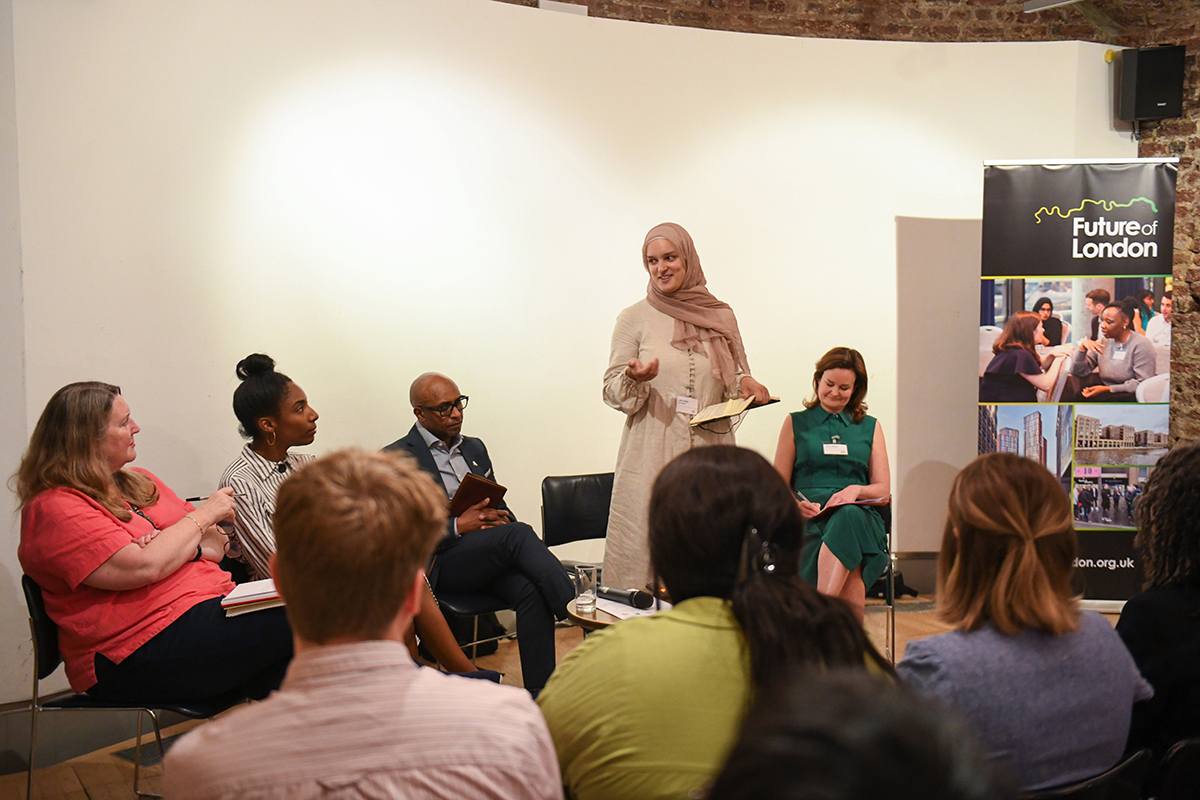You are viewing 1 of your 1 free articles
Ethnic minority groups face significant barriers to accessing homelessness assistance, new study finds
A new study has found that ethnic minority groups frequently struggle to access help with homelessness services due to a system of complex, bureaucratic and culturally insensitive policies and practices.
The report by researchers at Heriot-Watt University, Taking a race and ethnicity lens to conceptualisations of homelessness in England, found that when assessing suitability for rehousing, local authorities rarely recognise additional locational requirements that are vitally important to some communities.
These included the ability to access places of worship, specialist charities and language classes.
The findings are based on focus group discussions with practitioners in five areas with ethnically diverse populations.
It also found that the definition of a household for the purposes of homelessness assessments is rooted in an assumption that the small, nuclear family is the norm, to the detriment of communities where there are more diverse household arrangements.
Professor Suzanne Fitzpatrick, director of the Institute for Social Policy, Housing, Equalities Research at Heriot-Watt University, said: “The complexity of some social housing allocation systems, and particularly the dependence on applicants to be proactive ‘consumers’ in choice-based lettings approaches, can effectively shut out those who aren’t English proficient or who lack understanding of its bureaucratic labyrinths.
“Viewed as favouring insiders with specialist knowledge networks, these schemes discriminate inadvertently against some minoritised ethnic groups who lack the same insight into its rules and requirements.
“These systems can entrench institutional racism and reforming these housing processes must be a priority for a fairer society. What’s deemed to be a ‘household’ for the purposes of statutory homelessness assessments tends to be defined by a small, nuclear family.
“For South Asian households and other minoritised communities where there are higher levels of multi-generational living, the requirement for larger housing units is often overlooked.”
Practitioners in the study repeatedly highlighted the reluctance of those from minority groups to enforce their housing or homelessness rights, even where they were aware of them, often due to a fear of “rocking the boat”.
Professor Fitzpatrick added: “Housing-specific examples of institutional racism are nested within the broader context of structural racism in housing and are linked to deep inequalities in the labour market and the social security system.
“This was particularly pronounced amongst groups like asylum-seekers and refugees who may be anxious about their status in the UK, but was also noted amongst British-born people. This may indicate that confidence about exercising housing rights has been further eroded across minoritised communities by ‘hostile’ immigration policies.”
In response to the study, Darren Rodwell, housing spokesperson for the Local Government Association, said: “Councils are under significant financial pressure and are trying to deliver more services with less money.
“The chronic shortage of social housing means that they are struggling to find suitable homes for an ever-increasing number of people and are increasingly having to turn to alternative options for accommodation at a significant cost.
“As leaders of place, councils know only too well the vital importance of community assets and connections to keeping people safe and well and do everything they possibly can to discharge their responsibilities under the Public Sector Equality Duty. But as this report shows, it has become increasingly difficult to facilitate every individual’s needs as council funding has been consistently cut.
“In order to address the housing shortage, councils need to be given the powers and funding to deliver thousands of new social homes a year – at scale, and fast. Councils also need greater funding certainty through multi-year settlements which provide adequate funding to meet demand pressures.”
This study builds on Heriot-Watt’s 2022 research into race and homelessness, which found that black people were more than three times as likely to experience homelessness as their white counterparts.
Sign up for our care and support newsletter
Already have an account? Click here to manage your newsletters












